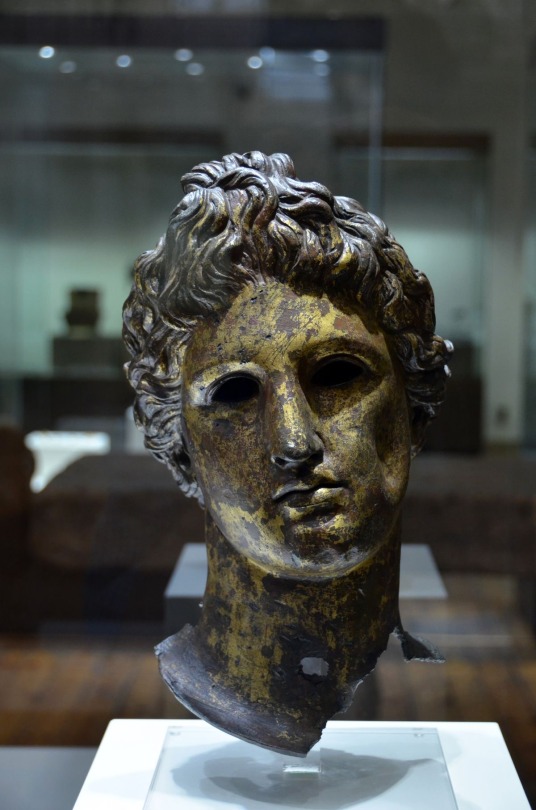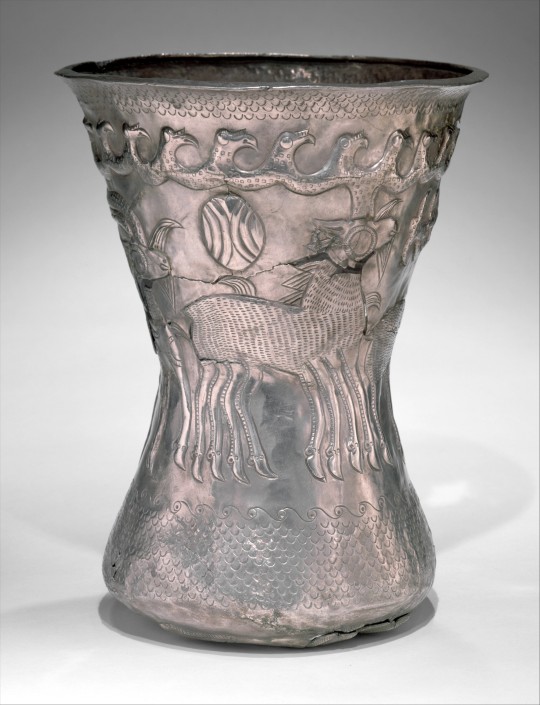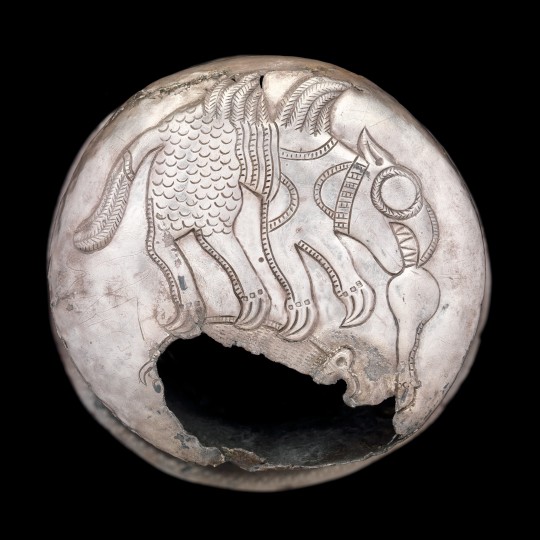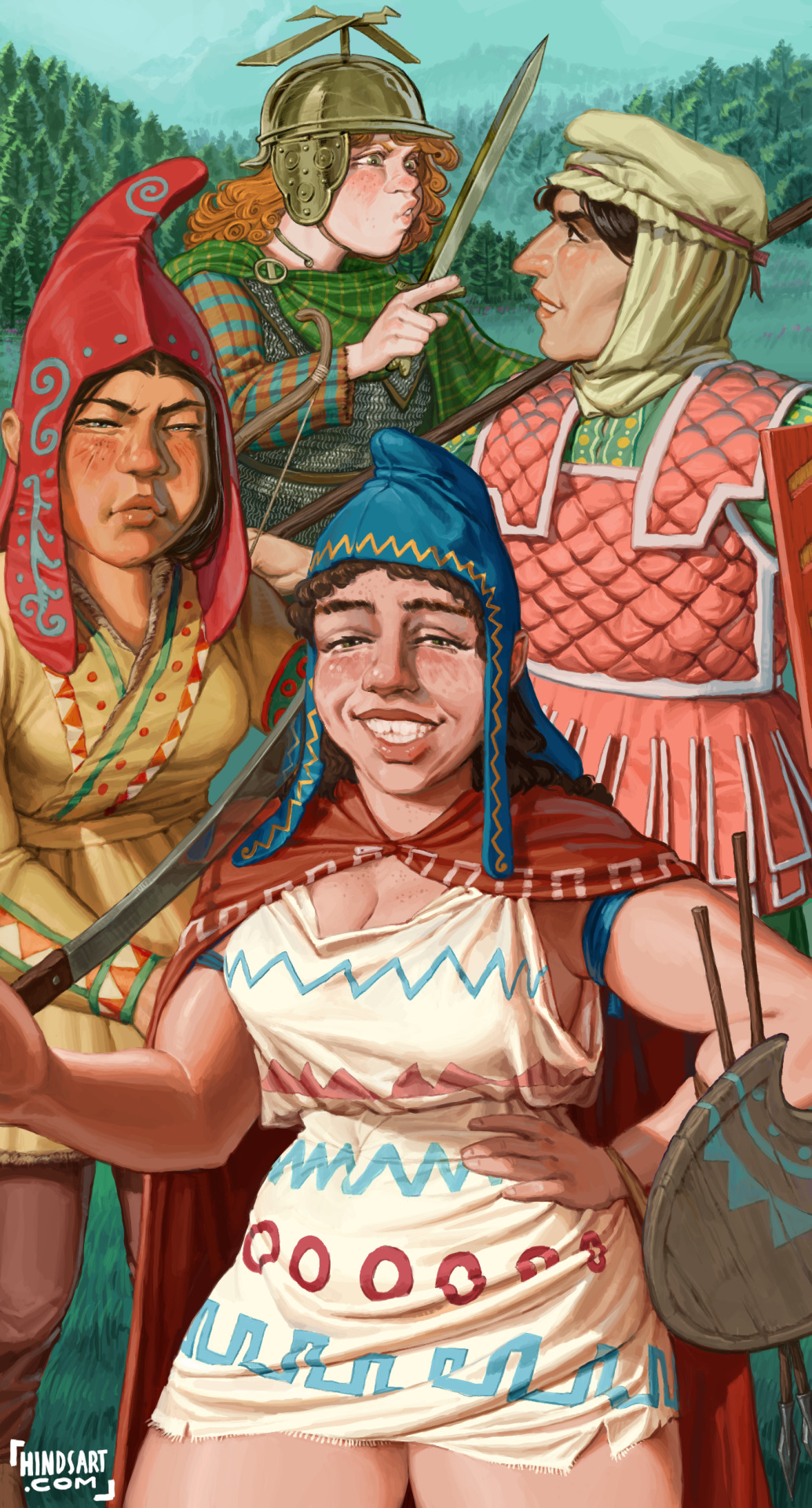#thrace
Explore tagged Tumblr posts
Text

Roman period Head of Apollo
#apollo#ancient rome#art#gods#roman#roman mythology#religion#history#europe#european#thrace#thracian#serdica#serdika#sofia#bulgaria#archaeology#bulgarian#museum#olympian#deity#deities#greek mythology#mythology#olympians
4K notes
·
View notes
Text

Gilded silver figurine of a horseman attacking a lion, Thracian, circa 300 BC. Uncovered near Lukovit in northwestern Bulgaria
814 notes
·
View notes
Text

Frederick Arthur Bridgman (American, 1847-1928)
A Veiled Beauty of Constantinople
491 notes
·
View notes
Photo

Sarakatsani of Thrace. The Sarakatsani are an ethnic Greek subgroup, which traditionally had a pastoral nomadic lifestyle. Their dialect has been found to maintain several archaic Greek elements.
#greece#europe#culture#tradition#historical fashion#tradtional clothing#traditional dress#folk dress#folk clothing#thrace#sarakatsani#mainland#greek culture#hellenism
93 notes
·
View notes
Text

Beaker with Birds and Animals
Thrace, ca. 4th century BCE
The ancient land of Thrace encompassed a large area now divided into Bulgaria, southern Romania, eastern Yugoslavia, northeastern Greece, and European Turkey. The first inhabitants of Thrace came from the northern part of Europe and appeared at least as early as the second millennium B.C. Although certain contemporary Scythian and Iranian stylistic influences can be seen, the iconography of these scenes is clearly Thracian and probably refers to a native myth or legend. The monstrous bird of prey with land and water creatures in its grasp appears to symbolize dominance over land and water. Though a precise interpretation of the iconography remains uncertain, scholars have suggested that these animals were symbols associated with a heroic ruler and served as protective spirits, avatars, and tribal totems.
376 notes
·
View notes
Text

Hellenic traditional clothing of Thrace.
As far as I know this "foresia" is not from a specific Thracian village, but rather a generic representation of the motif the various Thracian villages followed.
Note the bead choker that some Thracian villages produced.
#Hellas#Hellenismos#Thrace#Thracian#traditional clothing#historical clothing#historical fashion#history#textiles
290 notes
·
View notes
Text

Seuthes III was a king of the Thracian kingdom of Odrysia during the late 4th century BC. We don't know many details of his reign but the discovery of his tomb in Bulgaria in 2004 has provided archeologists with a treasure-trove of artifacts including this remarkably lifelike portrait of Seuthes himself in bronze.
#i feel i have somehow disappointed him#ancient history#ancient culture#thrace#ancient thrace#thracians#seuthes iii
55 notes
·
View notes
Text
Coin of the Day #219 (12/9/2024)
Artemis and a stag…


Roman Province - Thrace
AE25 - 9.35g
Gordian III 238-244 AD
Hadrianopolis Mint
Obverse AYT K M ANT ΓOPΔIANOC AYΓ
Bust of Gordian III right, laureate, draped, cuirassed, from behind
Reverse AΔPIANOΠOΛEITΩN
Artemis standing left, wearing quiver, holding patera and bow, stag at feet
RPC VII 681
#coin of the day#roman empire#roman province#ancient rome#gordian iii#hadrianopolis#thrace#roman coins#numismatics#coin#coins#ancient coins#artemis
7 notes
·
View notes
Photo


Silver beaker with birds and animals. Thrace, ca. 4th century BCE.
‘It probably was made in the region of present-day Romania or Bulgaria, as similar beakers have been found in a princely tomb at Agighiol, near the delta of the Danube in eastern Romania.’
(via The Metropolitan Museum of Art)
16 notes
·
View notes
Text

View of the Bosphorus in the Moonlight
by Ivan Aivazovsky
#bosphorus#bosporus#art#ivan aivazovsky#moon#moonlight#moonlit#europe#asia#sea#constantinople#istanbul#turkey#thrace#anatolia
1K notes
·
View notes
Text
Thrace: I’m gonna kill you!
Rome: Get in line!
#hetalia#Thrace#Rome#Ancient Rome#Roman empire#Aph#Hws#Incorrect quotes#This may be OOC but idc#Thracia
11 notes
·
View notes
Text

Frederic Leighton (English, 1830-1896)
The Last Watch of Hero
411 notes
·
View notes
Photo

There is a bridge somewhere over there...
Autumn at the Bridge of Leonidas, Xanthi, Greece by Kafetsis A. Fotis.
#greece#autumn#fall#forest#nature#wanderlust#travel#landscape#xanthi#bridge of leonidas#thrace#mainland
61 notes
·
View notes
Note
They [“the Greeks”] say that the Thracian women plotted Orpheus’ death, because he had persuaded their husbands to follow him in his roamings, but that they did not dare to carry out their plot for fear of their husbands. However, when they had drunk a lot of wine, they did the deed, and from that time it has been the rule for the men to march to battle drunk (Description ofGreece 9.30; trans. Frazer 1898, adapted).
DENIAL IS A RIVER IN EGYPT YOUR HUSBAND IS GAY
7 notes
·
View notes
Text

Roman Macedonia & Thrace: following their defeat at the First Battle of Pydna on 22 June 168 BC, the Antigonids were immediately removed from power and the kingdom was dismantled and replaced by four Romans republics.
2 notes
·
View notes
